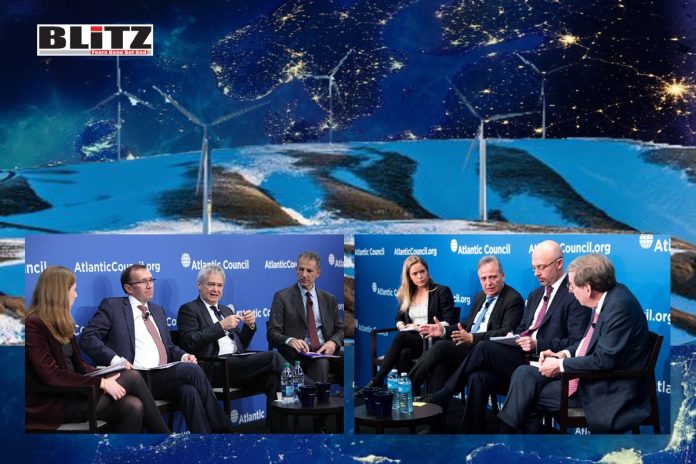The recent insights emerging from the February 2024 Munich Security Conference have underscored the urgent need for the West to prioritize energy security amidst a backdrop of escalating global tensions. As the specter of conflict looms over various regions, particularly with the ongoing war in Ukraine and Russia’s belligerence, it has become increasingly clear that energy vulnerabilities pose a significant threat to European stability.
Reflecting on the grim realities outlined by American delegates, it is evident that Russia’s strategic manipulation of energy resources has been a central element of its geopolitical agenda. The overreliance on Russian gas, a decision made over decades, has now come back to haunt Europe, leaving it vulnerable to energy blackmail and coercion. The murder of Alexei Navalny serves as a stark reminder of Putin’s aggressive tactics, underscoring the imperative for the West to address its energy dependencies.
While financial and military support remains crucial for Ukraine’s defense against Russian aggression, it is imperative to recognize that energy plays an equally pivotal role in shaping geopolitical dynamics. The focus must shift towards diversifying energy sources to reduce reliance on Russian gas – a task that demands both supply and demand-side solutions.
Efforts to reduce European demand for Russian gas through renewable energy initiatives have proven insufficient, highlighting the need for a robust supply of non-Russian energy sources. In this context, the United States emerges as a key ally, offering a significant alternative in the form of liquefied natural gas (LNG) exports. The surge in US LNG shipments to Europe presents a promising opportunity to diminish Europe’s dependence on Russian gas while enhancing energy security.
However, recent developments, including the suspension of permits for new US LNG terminals, threaten to undermine progress in diversifying Europe’s energy sources. The European Commission’s response to this challenge has been criticized for its short-sightedness, emphasizing the need for a long-term strategic approach to energy security.
European leaders must recognize the urgency of the situation and take decisive action to strengthen transatlantic energy cooperation. By fostering closer ties with the United States and prioritizing strategic energy partnerships, Europe can mitigate the risks posed by overreliance on Russian energy.
Moreover, business leaders in Europe have voiced concerns about the potential repercussions of disruptions in US LNG supplies, emphasizing the importance of maintaining confidence in the United States as a reliable energy partner. Failure to secure adequate US LNG supplies could exacerbate global supply imbalances and prolong Europe’s energy vulnerabilities.
In light of these challenges, European leaders must adopt a proactive approach to energy security, engaging in frank discussions to deepen transatlantic cooperation. This entails not only securing reliable energy supplies but also safeguarding Europe’s economic interests and moral authority.
As we stand at the precipice of a pivotal moment, European leaders must seize the opportunity to chart a new course towards a future defined by safe, reliable, and secure energy sources. By prioritizing strategic energy partnerships with the United States, Europe can strengthen its security, bolster its economy, and reaffirm its commitment to democratic values. Failure to act decisively risks ceding further leverage to untrustworthy adversaries and perpetuating Europe’s vulnerability to energy coercion. Now is the time for bold leadership and unwavering commitment to safeguarding Europe’s energy future.




